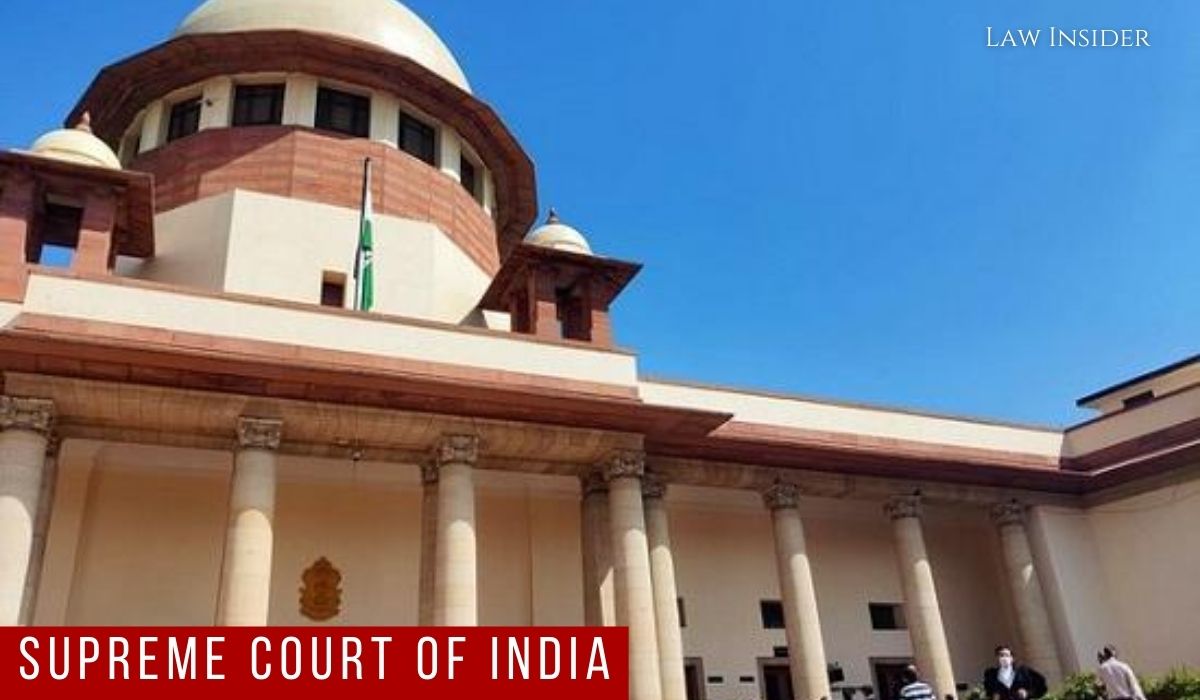Bhuvana Marni
Published on: November 05, 2022 at 18:36 IST
On Friday, the Supreme Court gave notice of a petition by the NGO National Federation of Indian Women asking for the Women’s Reservation Bill, 2008 to be reintroduced in order to guarantee a 33% quota for women in the Lok Sabha and the legislative assemblies.
The petitioner “has raised an issue of considerable importance,” according to the Justices Sanjiv Khanna and J. K. Maheshwari on the bench.
The court consented to hear a significant maintainability issue in the case on the following day and requested the Union of India’s response. Advocate Kanu Agrawal appeared on behalf of the Union of India. He made the argument that the case raises this problem seriously.
The petitioner was represented by advocate Prashant Bhushan.
The bench set a six-week deadline for the Centre to submit its answer, and it gave the NGO three further weeks to submit its rejoinder affidavit. The bench then scheduled a second hearing for March 2023.
The Women’s Reserve Bill proposes amending the Constitution to include a 1/3 reservation for women in the State Assemblies and Parliament.
25 years have passed since the first statute establishing women’s reservations was introduced, it was stated before the court in the petition.
The appeal further noted that, despite the fact that the Bill was approved by the Rajya Sabha in 2010, it was not brought before the Lok Sabha and lapsed as a result of the dissolution of the Lok Sabha.
The petition submitted that, “the non-introduction of the Bill is arbitrary, illegal and is leading to discrimination. It is submitted that the Bill was passed by the Rajya Sabha in 2010 and has been crystallized so as to its aims and objectives to a large extent”.
“In view thereof it is submitted that non-introduction of such an important and beneficial Bill, on which there is a virtual consensus of all major political parties, is arbitrary.”
The petition claimed that political groups, including the Bhartiya Janata Party (BJP), Indian National Congress (INC), and All India Congress Party, had endorsed the bill and its goals.
The passage of the law has been pledged by Anna Dravida Munnetra Kazhagam (AIADMK), Dravida Munnetra Kazhagam (DMK), Shiromani Akali Dal, Communist Party of India (Marxist), Biju Janata Dal, Samajwadi Party, and National Congress Party (NCP).

